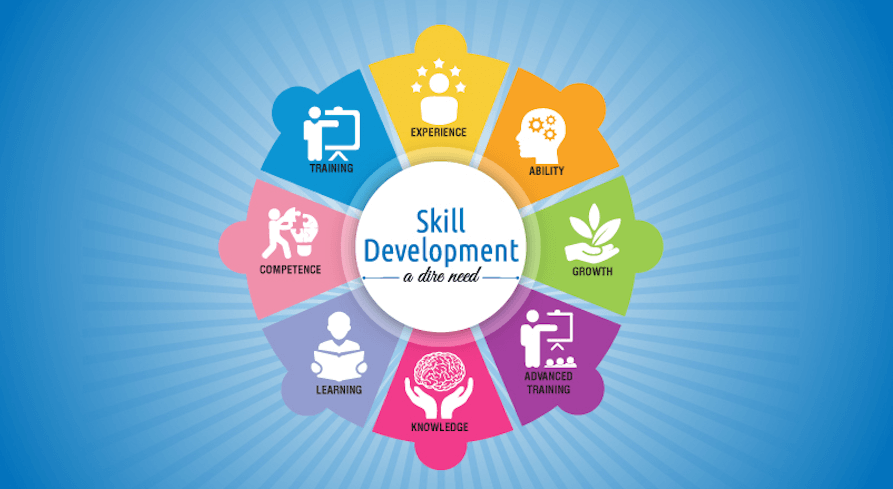Skill development is a crucial aspect of education that goes beyond traditional academic subjects. While academic knowledge is important, developing practical skills can greatly enhance a student’s ability to succeed in various aspects of life. Alternative schools and educational programs often place a strong emphasis on skill development, recognizing the value of equipping students with a diverse set of abilities that can support their personal and professional growth.
To delve deeper into the importance of skill development in alternative schooling, we had the opportunity to speak with Dr. Sarah Johnson, an expert in alternative education and skill-based learning.
Q: Dr. Johnson, thank you for joining us today. Can you explain why skill development is such a prominent focus in alternative schooling?
A: Absolutely! In alternative schooling settings, there is a recognition that traditional academic subjects are not always sufficient to prepare students for the complexities of the modern world. By emphasizing skill development, these schools aim to provide students with practical tools and abilities that they can apply across various contexts. Skills such as critical thinking, creativity, communication, problem-solving, collaboration, and adaptability are highly valued in today’s rapidly changing society.
Q: How do alternative schools incorporate skill development into their curriculum?
A: Alternative schools often integrate skill development into every aspect of their curriculum. Rather than treating skills as separate from academic content, these schools weave them seamlessly into lessons and projects. For example, instead of simply memorizing facts about history or science, students may engage in hands-on projects that require research, analysis, communication with peers, and presentation skills. This approach helps students see the relevance of these skills in real-world situations.
Moreover, many alternative schools offer specialized programs or extracurricular activities focused on specific skill sets such as coding/programming languages workshops or entrepreneurship clubs. These opportunities allow students to explore areas of interest while honing valuable skills that can benefit them both academically and professionally.
Q: What benefits do students gain from focusing on skill development alongside traditional academics?
A: The benefits are numerous! By prioritizing skill development alongside traditional academics:
1. Students become more well-rounded individuals equipped to navigate challenges effectively.
2. They develop confidence in their abilities to tackle new tasks and solve problems creatively.
3. Skill-based learning fosters independence and self-reliance among students.
4.They acquire transferable skills that are applicable across different fields and industries.
5.Students are better prepared for higher education or entering the workforce because they possess a diverse set of capabilities beyond mere book knowledge
Q: How can parents support their children’s skill development outside school hours?
A: Parents play a crucial role in supporting their children’s skill development outside school hours by encouraging exploration and providing opportunities for hands-on learning experiences at home or through community resources such as workshops or classes.
Dr.Johnson emphasized creating an environment where curiosity is nurtured,and failure is seen as part
of the learning process rather than something negative.This mindset shift allows children to take risks,
experiment,and ultimately grow their skills organically.
In conclusion,skill needvelopment is integral component o falternativeeducation models.By prioritizing
skills alongsidetraditional academics,studenstarebetterpreparedforunknownfuturechallengesandopportunities
andhaveastrongfoundationforsuccessinany paththeychoose totake

Leave a comment